Yesterday, representatives of the European Commission and the Japanese Government met in Tokyo for the third edition of the EU-Japan policy dialogue in the fields of education, culture and sport. Both sides recognise the importance of mutual collaboration as a vector for the exchange of best practices, pedagogical approaches and strategies for policy development and innovation in these fields.
This third dialogue was co-chaired by the Commissioner for Innovation, Research, Culture, Education and Youth, Iliana Ivanova, and the Japanese Minister of Education, Culture, Sports, Science and Technology, Masahito Moriyama.
Both sides agreed on the benefits of promoting student and academic staff mobility between the EU and Japan. International mobility programmes, such as the Erasmus+ programme, play a key role in promoting people-to-people exchanges, enhancing capacity building and fostering academic excellence. Over the past three years, the Erasmus+ programme has provided mobility opportunities for some 1750 senior students and academic staff to participate in international mobility exchanges between Europe and Japan. However, there is potential to do more. By investing in mobility programmes, both the EU and Japan tap the full potential of their educational ecosystems and contribute to global knowledge creation. To this end, an Erasmus+ National Issues Centre will be set up in Japan to strengthen international collaboration with Japan in the implementation of mobility programmes and to further promote the opportunities offered by Erasmus+ to Japanese and European students and academic staff.
In the field of education, ongoing exchanges between the EU and Japan also provided valuable insights on how to address the opportunities and challenges offered by digital education. Participants discussed ways to explore the responsible integration of generative artificial intelligence (AI) in schools to harness its potential to personalise learning experiences, improve educational outcomes and prepare students for the demands of the digital age. The dialogue also included discussions on ethical considerations, data privacy issues and the need to improve digital skills and digital literacy among educators and learners. To further discuss and exchange practices on these important topics, the parties agreed to hold a follow-up seminar on digital education in the coming months.
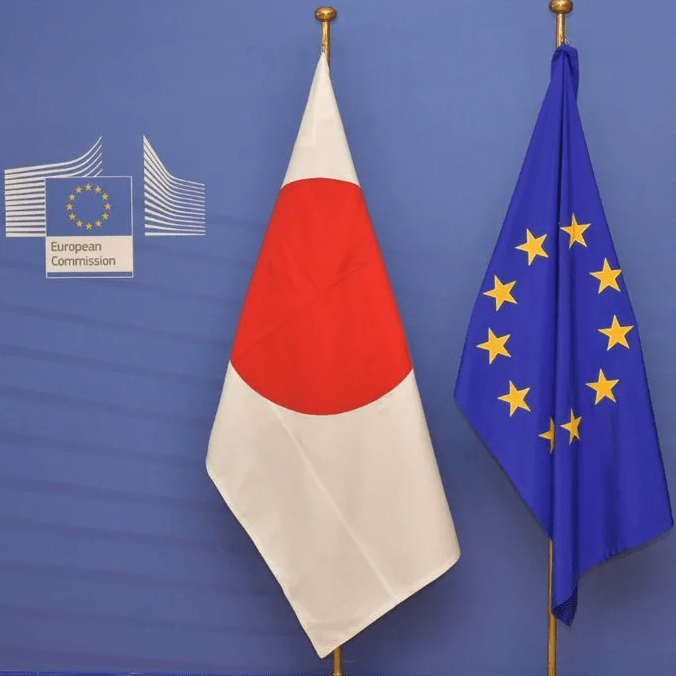
EU and Japan launch Enhanced Dialogue on advanced materials |
The third policy dialogue also focused on the provision of digital technologies to virtually document, preserve and disseminate cultural heritage. Both sides agreed on the transformative transition that digital transformation represents in societies, economies and cultures, with profound implications for cultural heritage and the associated capacities needed for its preservation and promotion.
The EU and Japan shared expertise on promoting sport and healthy lifestyles among younger generations, as well as on improving the effectiveness and inclusiveness of sport programmes, benefiting both individuals and societies.
Background
The EU-Japan policy dialogue on education, culture and sport was launched in 2018. Since then, two dialogue meetings have been held. The first political dialogue took place in July 2 018 in Budapest, while the second took place in May 2 021 in video format due to the COVID-19 pandemic.
Both policy dialogue meetings provided an opportunity to exchange views and practices on various topics, such as enhancing student exchanges through highly integrated Master’s programmes between European and Japanese universities, as well as assessing the impact of the pandemic on educational, cultural and sport policies on both sides.
Erasmus+ National Focal Points are representatives of the education sector in countries in Africa, Asia and the Pacific, the Middle East and the Americas. Since 2022, Erasmus+ National Focal Points have been appointed in more than 70 non-Erasmus+ partner countries around the world. This global network of EEAPs supports the Commission and the Executive Agency to improve awareness, visibility and access to the opportunities offered by the international dimension of Erasmus+.
More information: European Commission

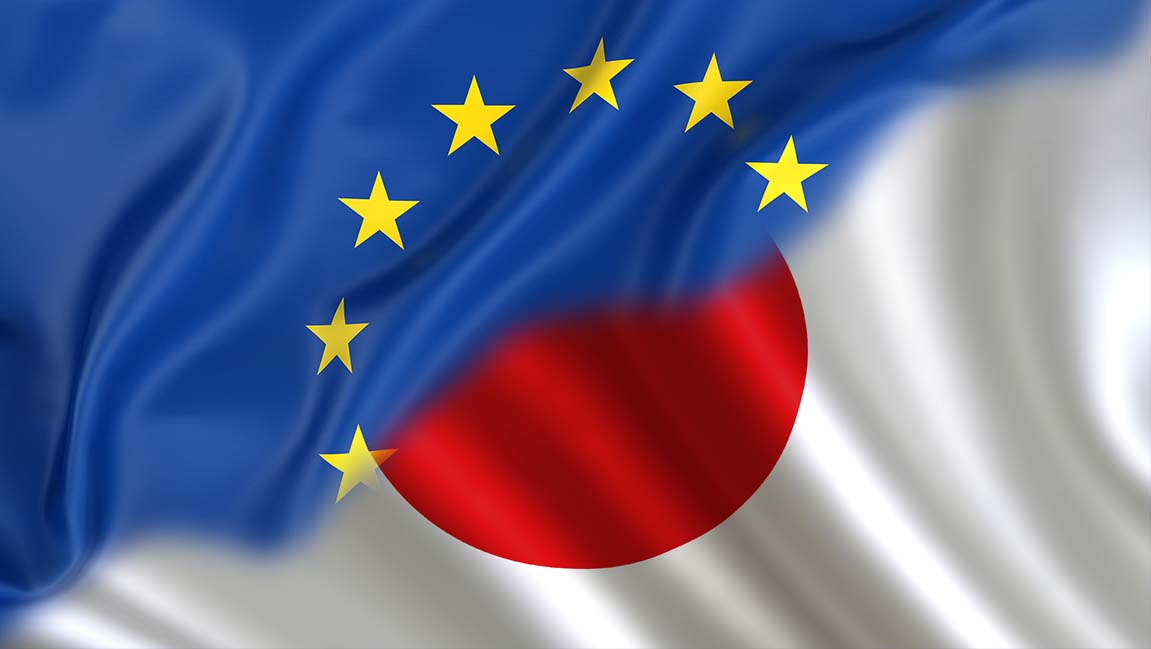
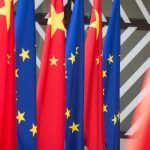
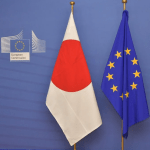
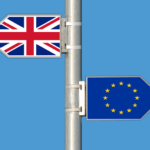

Leave a Reply